Territorial agri-food systems: relinking farming to local and environmental stakes to change farming systems
By Aurélie CardonaAbstractMany initiatives are launched by the civil society in order to change farming practices; in particular through the construction of territorial sustainable agri-food systems. The aim of this paper is to understand how such initiatives can change farming systems. With this aim, we will focus on a group of residents from a periurban area of Paris, who created an AMAP with a conventional cereal farmer and developed a project of short supply chain for local catering, which involved other farmers. With this case-study, we will show how non-agricultural stakeholders can facilitate changes in farming practices and contribute to the ecologization of agriculture in their “territoire”
Territorial Food Systems: Protecting the rural and localizing human rights accountability
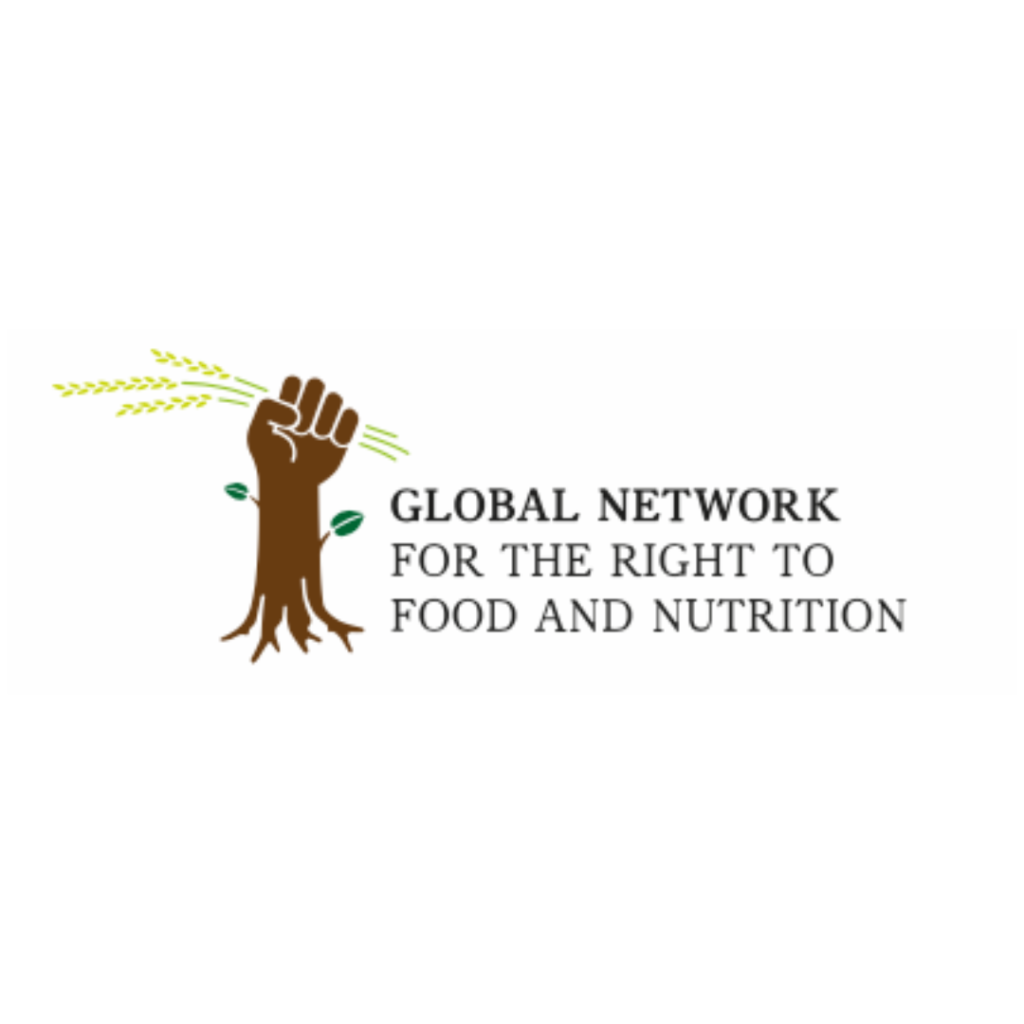
Thomas Forster and Emily MattheisenThe terms ‘rural-urban linkages’, ‘city-region food systems’, and ‘territorial food systems’ are often used interchangeably in international policy fora, academia, and other discussions on how rural and urban spaces relate to each other in food systems. However, the issue of what can be considered ‘uniquely rural’, and the rights of rural communities tend to be omitted. The long held urban-rural dichotomy reinforces an inequitable development model, which puts industrial and ‘urban growth’ pressure on rural areas and on small-scale food producers to feed increasingly urban populations. The development model itself, however, is not questioned.
Declaration of the International Forum of Agroecology
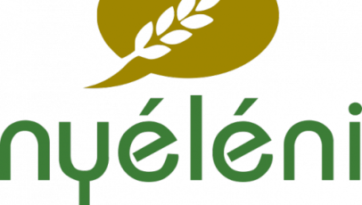
Be part of CSA!
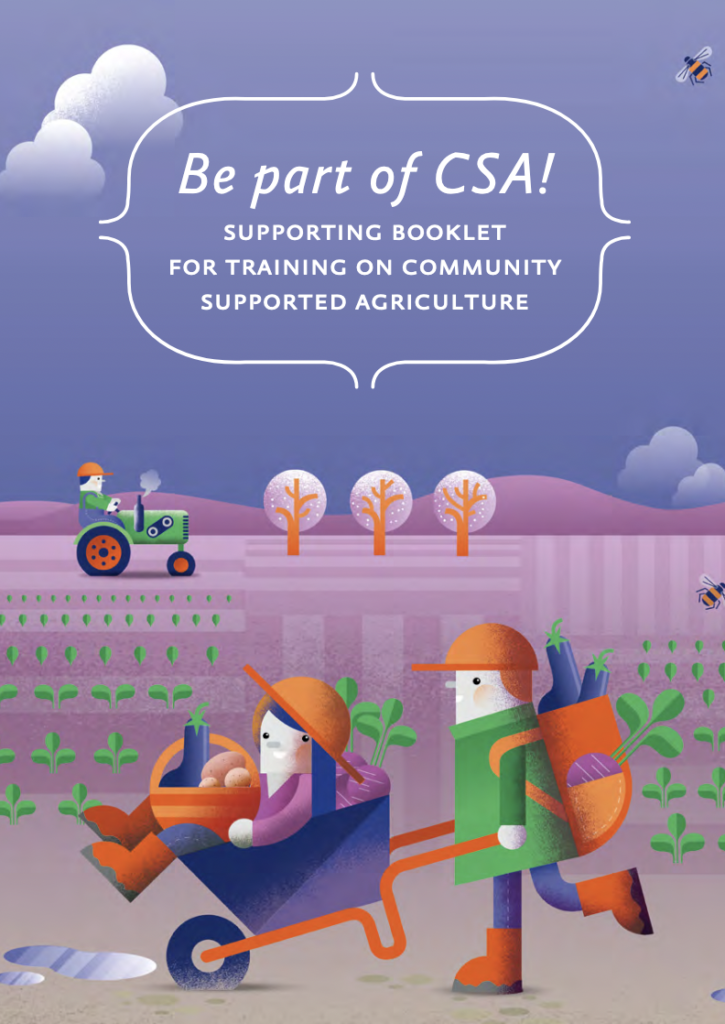
This booklet you have in your hands now is the main support for the “Be part of CSA!” training programme which was designed by CSA actors from Hungary (tve), Czech Republic (pro-bio liga), Romania (cries) and the network URGENCI. It summarises the basic learning points of the 4 modules accompanied by case studies from partner countries: 1. General background of CSA, 2. Starting a CSA initiative, 3. CSA community-building and 4. Field training. We hope you’ll find it useful, practical, and adequately illustrated with motivating stories, best practices, case studies and easy-to-use templates.May CSA flourish in Europe!
Visibilising gender dynamics in French fisheries
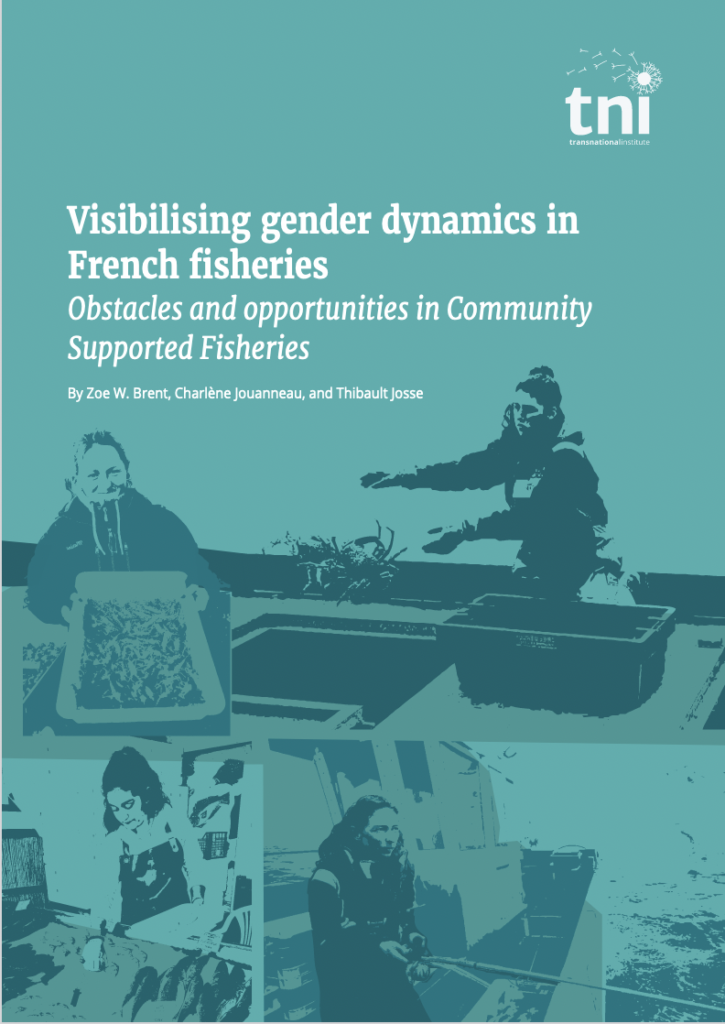
Obstacles and opportunities in Community Supported Fisheries Fisheries are one of Europe’s most challenging and dangerous employment sectors. While they remain a central pillar of the European food system, the sector still relies on strikingly unequal and gendered labour relations. This report looks at the French case, where women are the engine behind the commercialisation of local artisanal fish.
Rendre visibles les dynamiques de genre dans la pêche en France
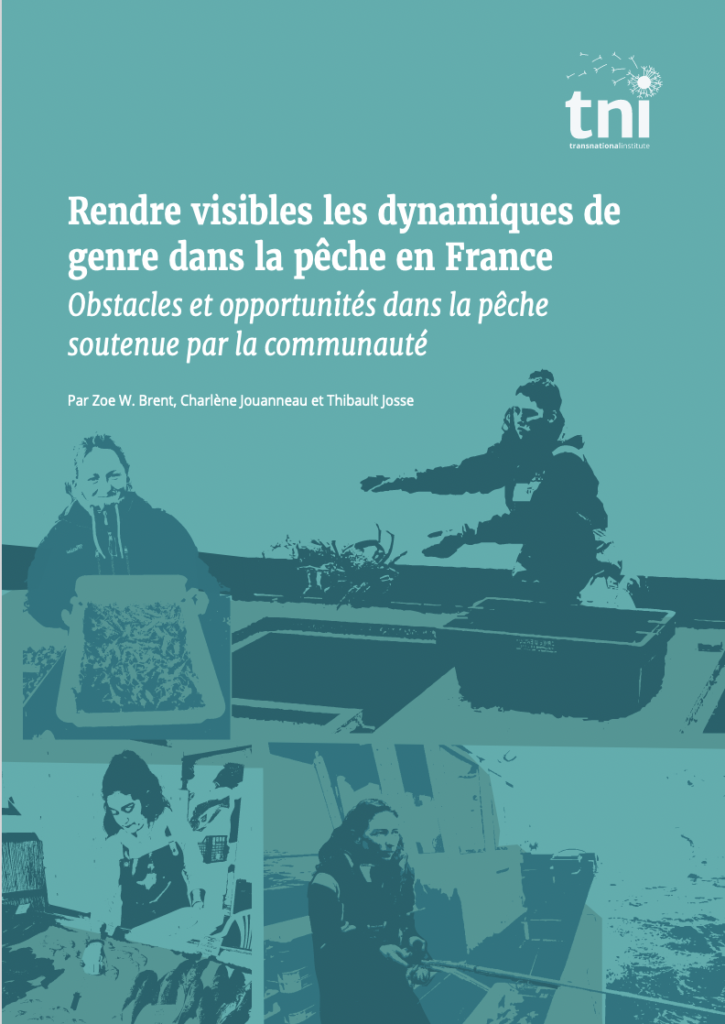
Obstacles et opportunités dans la pêche soutenue par la communauté La pêche fait partie des secteurs de l’emploi les plus difficiles et dangereux d’Europe. Bien que ce secteur demeure un pilier central du système alimentaire européen, les relations de travail y sont toujours incroyablement marquées par les inégalités et le sexisme. Ce rapport analyse le cas de la France, où les femmes constituent le moteur de la commercialisation du poisson local issu de la pêche artisanale.
Faire communauté pour soutenir la pêche artisanale
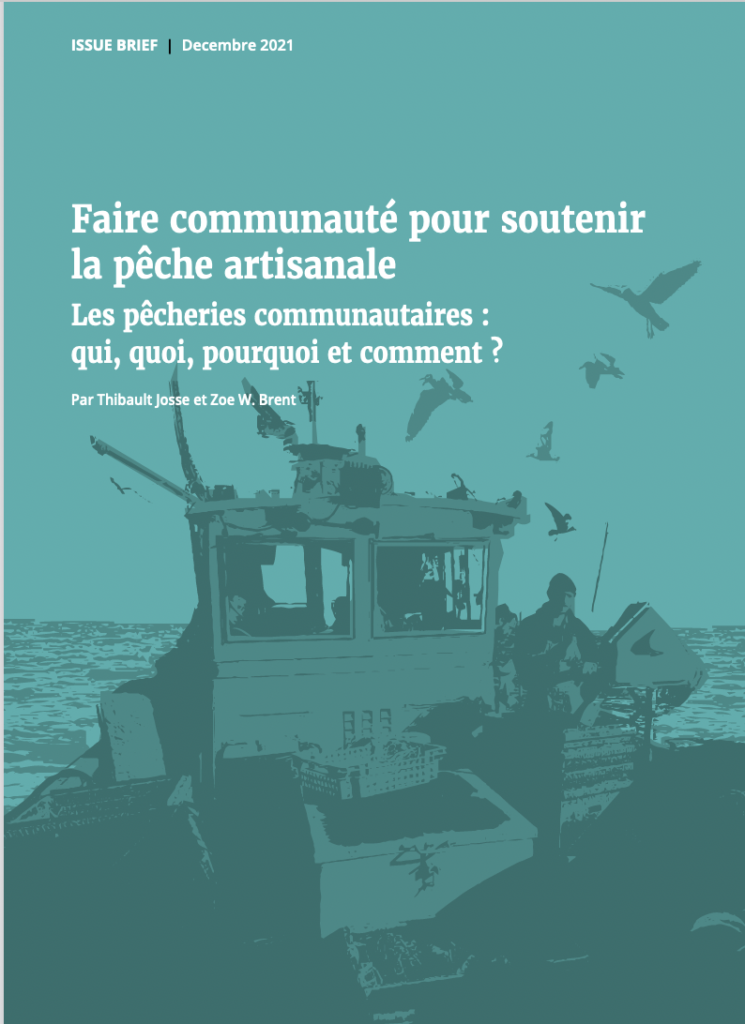
Les pêcheries communautaires : qui, quoi, pourquoi et comment ? Comment les citoyens peuvent soutenir les pêcheurs (impact sur les systèmes alimentaires et l’environnement, compréhension des différents types de pêche, saisonnalité et proximité, accès aux ressources et à leur transformation): un manuel important sur la façon dont les communautés soutiennent les pêcheries a été produit grâce à une coopération étroite entre Urgenci et TNI. Par Thibault Josse et Zoe W. Brent
La pesca apoyada por la comunidad
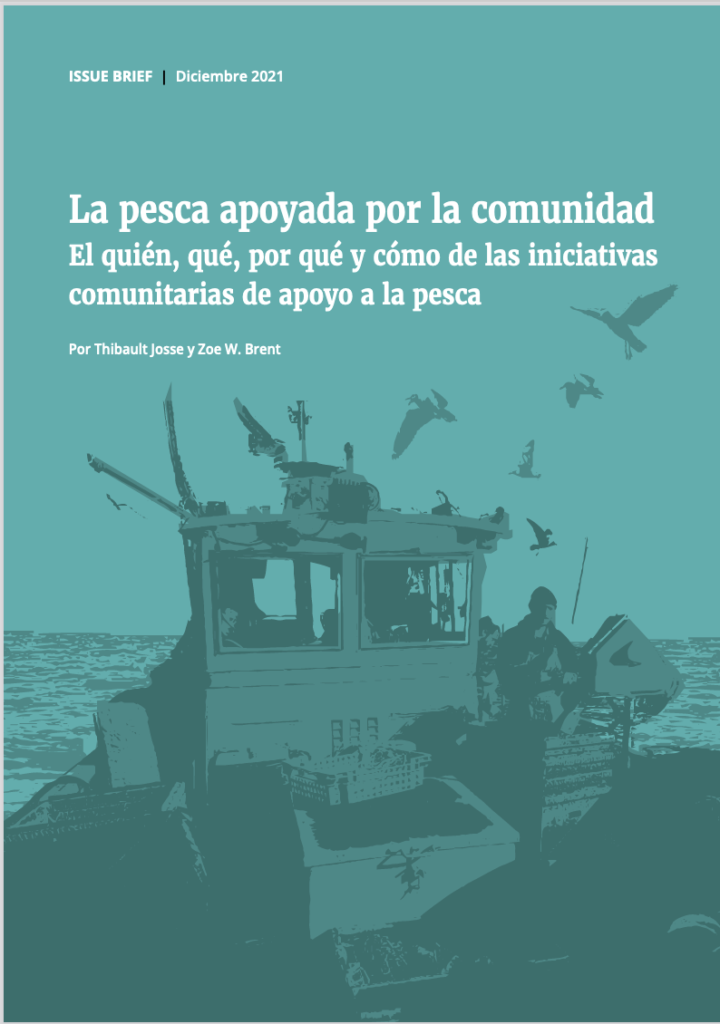
El quién, qué, por qué y cómo de las iniciativas comunitarias de apoyo a la pesca Thibault Josse et Zoe W. Brent Cómo pueden los ciudadanos apoyar a los pescadores (impacto en los sistemas alimentarios y en el medio ambiente, comprensión de los diferentes tipos de pesca, estacionalidad y proximidad, acceso a los recursos y a la transformación): gracias a la estrecha colaboración entre Urgenci y el TNI se ha elaborado un importante manual sobre cómo las comunidades apoyan la pesca.
Una pesca industrial peligrosamente eficaz
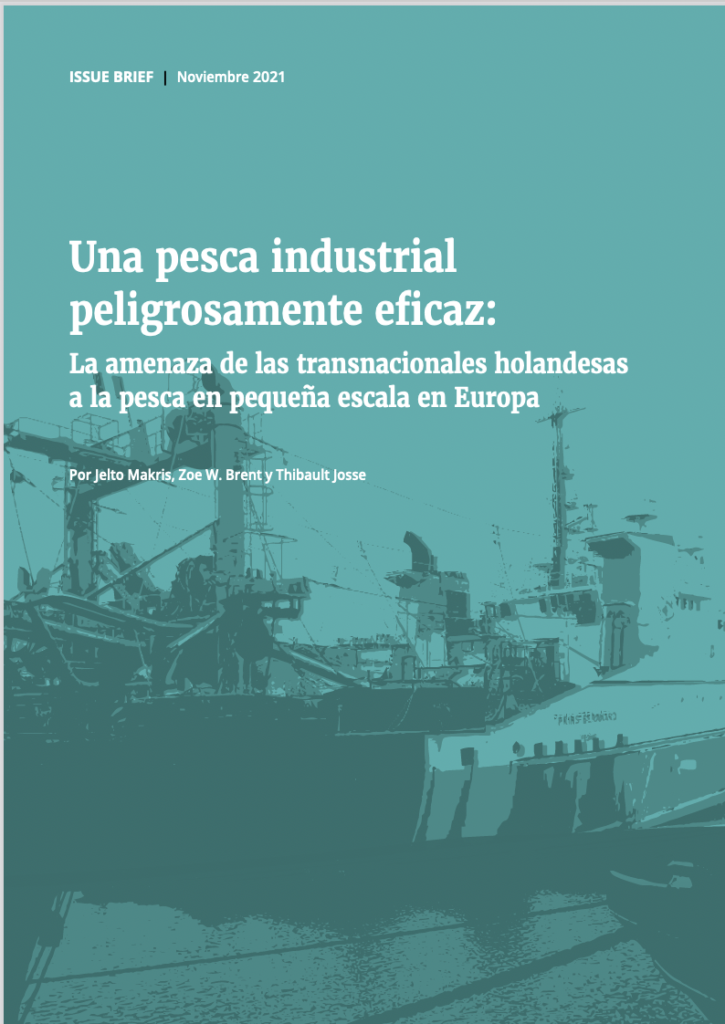
La amenaza de las transnacionales holandesas a la pesca en pequeña escala en Europa La flota pesquera europea cuenta con embarcaciones industriales de nueva generación que funcionan con tecnología muy avanzada y son excesivamente eficaces, demasiado buenas en la pesca. Este número limitado de embarcaciones tiene un impacto enorme en el océano. Los stocks de peces han disminuido muchísimo desde la década de 1980, pero no todos los pescadores contribuyen al problema en la misma medida, ni todos los medios de sustento pesqueros se ven afectados en el mismo gra- do. La crisis de la sobrepesca, impulsada principalmente por un número pequeño de embarcaciones, amenaza los medios de sustento de las comunidades costeras alrededor del mundo que se dedican a la pesca en pequeña escala y dependen del océano como fuente de alimentos y de ingresos.
Dangerously Efficient Industrial Fishing
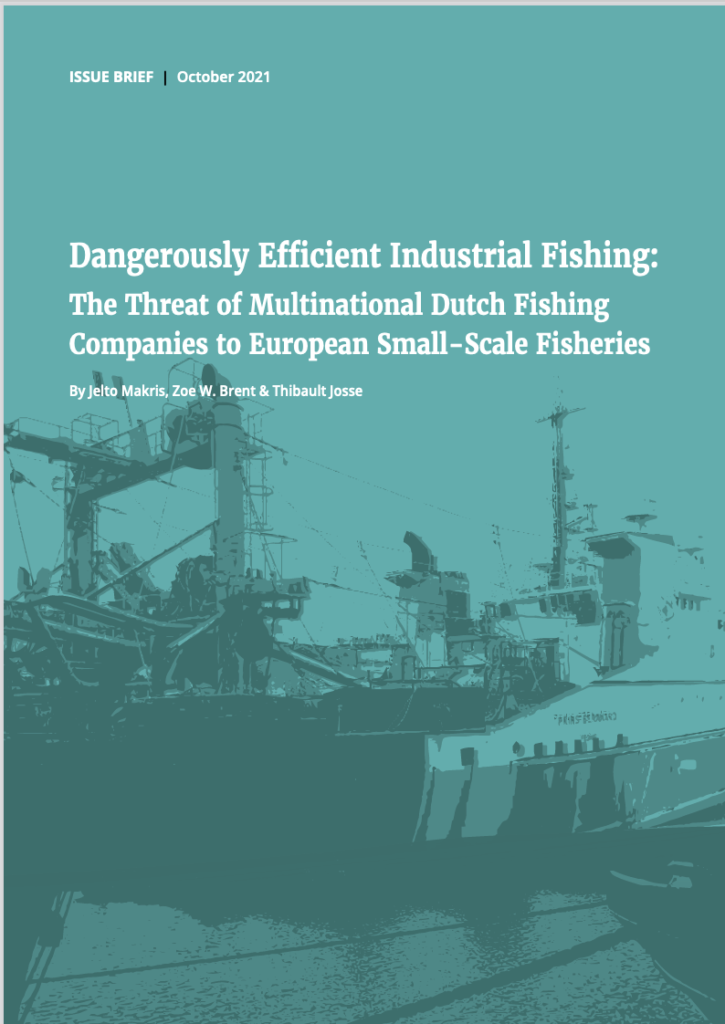
The Threat of Multinational Dutch Fishing Companies to European Small-Scale Fisheries Within the European fishing fleet new generations of technologically advanced, hyper efficient industrial vessels, have gotten too good at fishing. This limited number of vessels has a massive impact on the ocean. Fish stocks have largely declined since the 1980s, but not all fishers contribute to the problem to the same extent, nor are all fishing livelihoods impacted to the same degree. The crisis of overfishing, fuelled in large part by a small number of vessels, is threatening the livelihoods of coastal communities and small-scale fisheries around the world who depend on the ocean as a source of food and income.